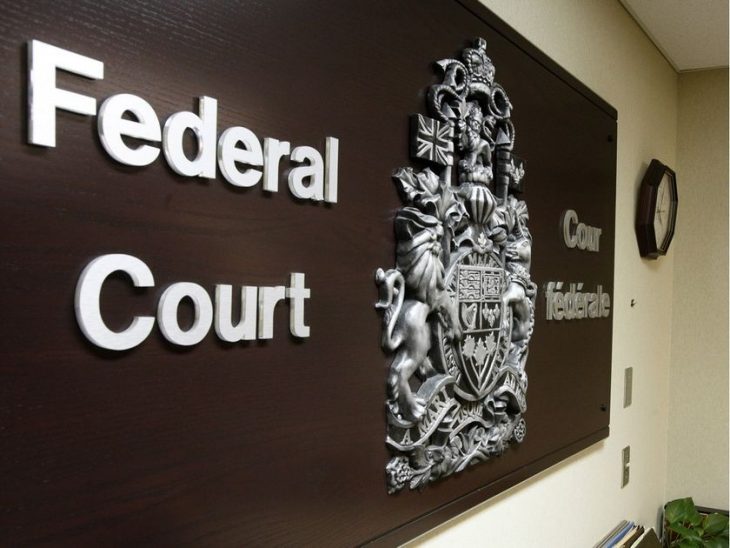
By Ahmad Hathout
OTTAWA – Bell is asking the Federal Court of Appeal this week to allow it to argue in court that movie studios have allegedly been misusing Canada’s notice-and-notice copyright system to extract disproportionate sums of money from service providers and subscribers.
The telecom has asked the appeal court Monday to allow it to argue that the studios are allegedly engaging in “copyright misuse,” after the studios last year filed a $400-million lawsuit alleging the telecom failed to deliver nearly 40,000 copyright infringement notices to its subscribers.
Bell is appealing from a Federal Court decision late last month that denied its request – based on lack of material facts – to use the new misuse doctrine, which holds that a rights holder cannot enforce its rights if it violates copyright law. The doctrine has never been tested in a Canadian court.
Those violations, Bell alleges, include the practice by the movie studios to flood the system with bogus notices to extract huge sums of money.
Bell is claiming that it has sent all the proper notices related to the lawsuit. It is alleging that many of the studios’ notices were “deficient or improper” and failed to ensure they didn’t wrongly accuse a subscriber.
But the telecom is alleging that’s not by accident – it’s by design.
The studios, Bell alleges, “have adopted a business model whereby they send unreliable notices to ISPs, falsely claiming that their customers have infringed copyright without a sufficient factual basis for doing so” and are using the notice system to “harass and intimidate ISPs’ customers for the purposes of extracting disproportionate and unjustified settlements.” (Canada’s copyright laws cap damages to $5,000 for non-commercial infringement.)
“The notices are sent indiscriminately in violation of the express or implied obligations under the Notice & Notice Regime not to unduly risk incorrectly accusing Internet users of copyright infringement or threatening them with lawsuits,” Bell alleges.
Bell said in its defence that any notices it didn’t send would have had a legitimate reason backing it, including that it contained inaccurate information, it was a duplicate, it didn’t comply with the rules, it didn’t have a good customer email, or it simply didn’t receive the notice. These types of reasons are not new with Canada’s notice-and-notice system.
Bell said at the very least, the Federal Court should have allowed it to amend its misuse argument, but it just outright struck it. The telecom added that the doctrine should be developed in trial, not have its fate determined in a motion.
Bell also alleges that the Canadian law firm hired by the movie studios, Aird and Berlis, is inducing the movie studios to file these frivolous lawsuits because it has a stake in the profits.
The Federal Court said the allegation that the law firm has a stake in the Millennium film is speculative because Bell admitted that it didn’t know who holds the ownership rights.
Millennium Producers and associated movie studios allege Bell did not send to its subscribers nearly 40,000 out of over 81,000 warning notices delivered to the telecom between February 9, 2019 and June 15, 2021. The movie studios are asking for $10,000 per missed notice.
The notice system is intended as a sort of early warning system that the copyright infringer knows of potentially illegal activity and that the subscriber must stop the allegedly infringing activity. If the alleged infringer does not stop after a second notice, the rights holder can ask a court to force the internet service provider to disclose the personal information behind the suspect IP address. That, in turn, allows the rights holder to send a letter threatening legal action.
Movie studios have been filing these disclosure orders in Canadian courts for years, sometimes ending in thousands of dollars in settlements from alleged infringers.


